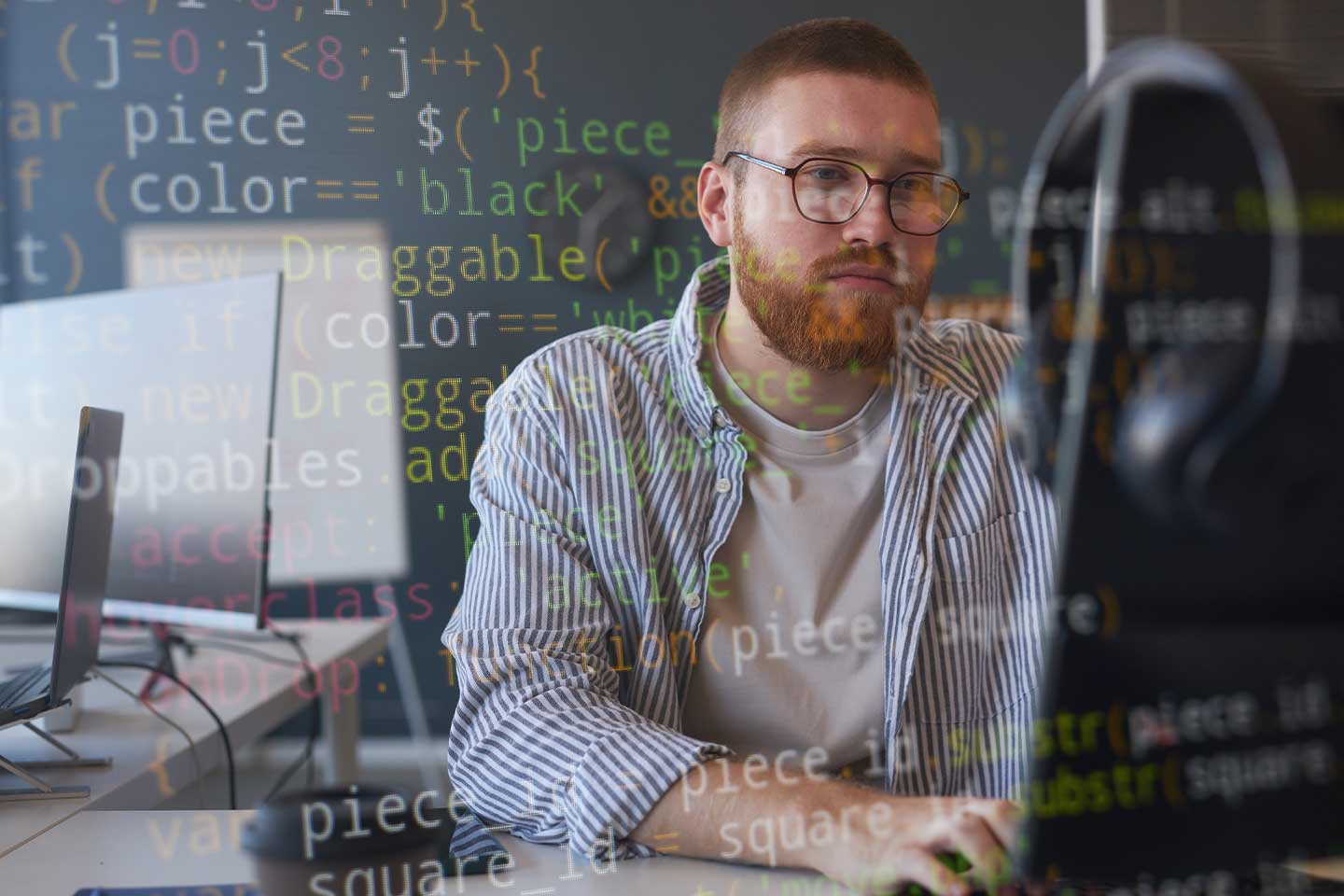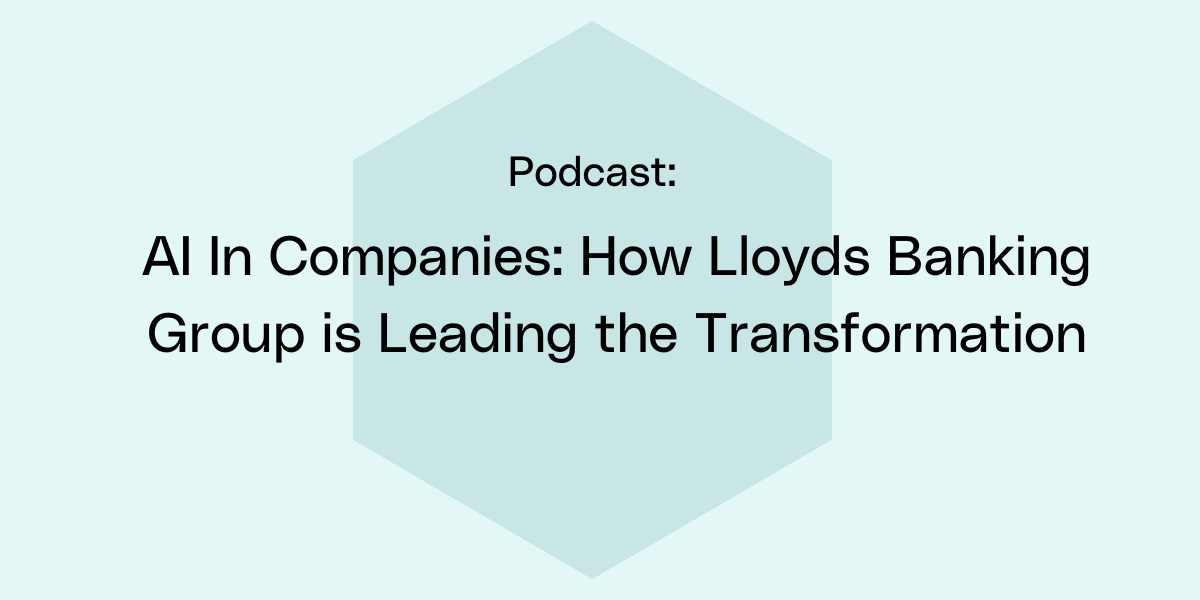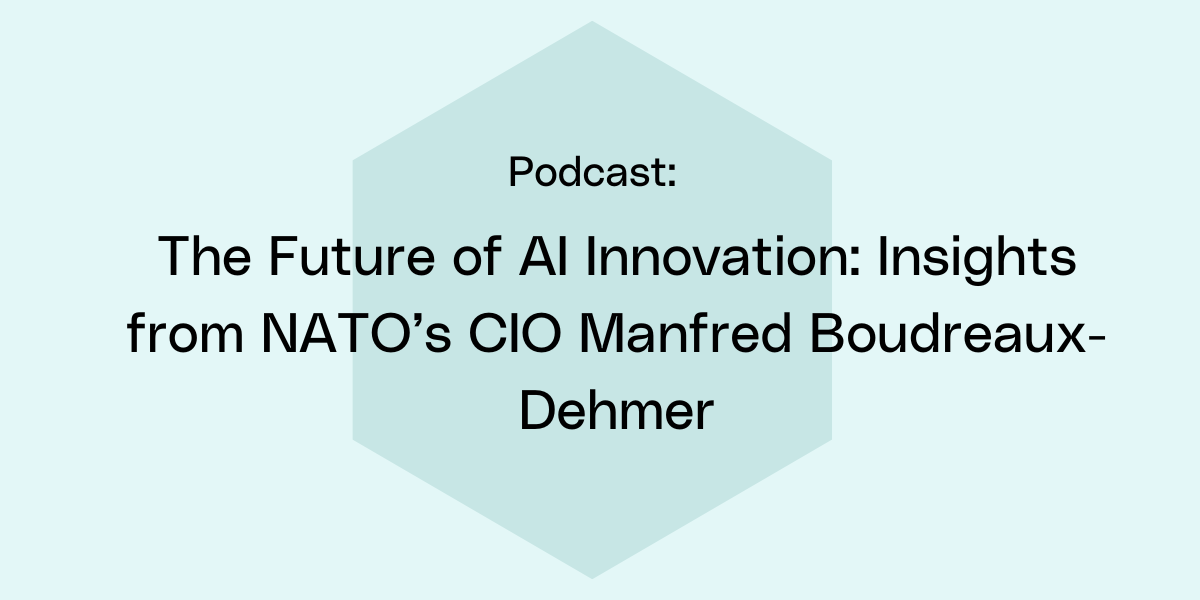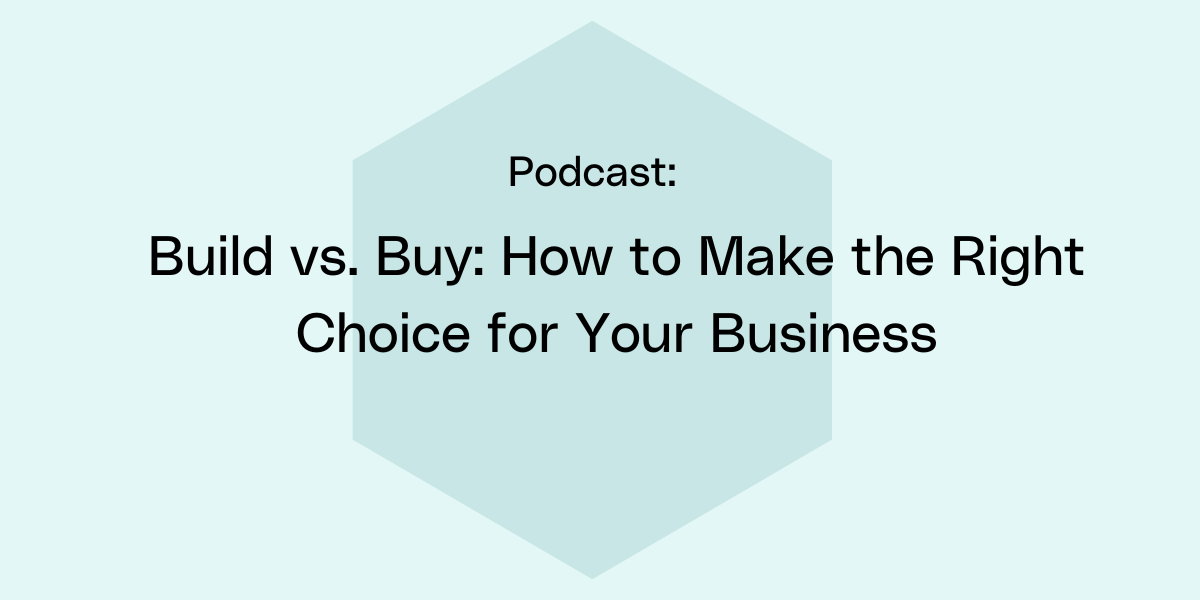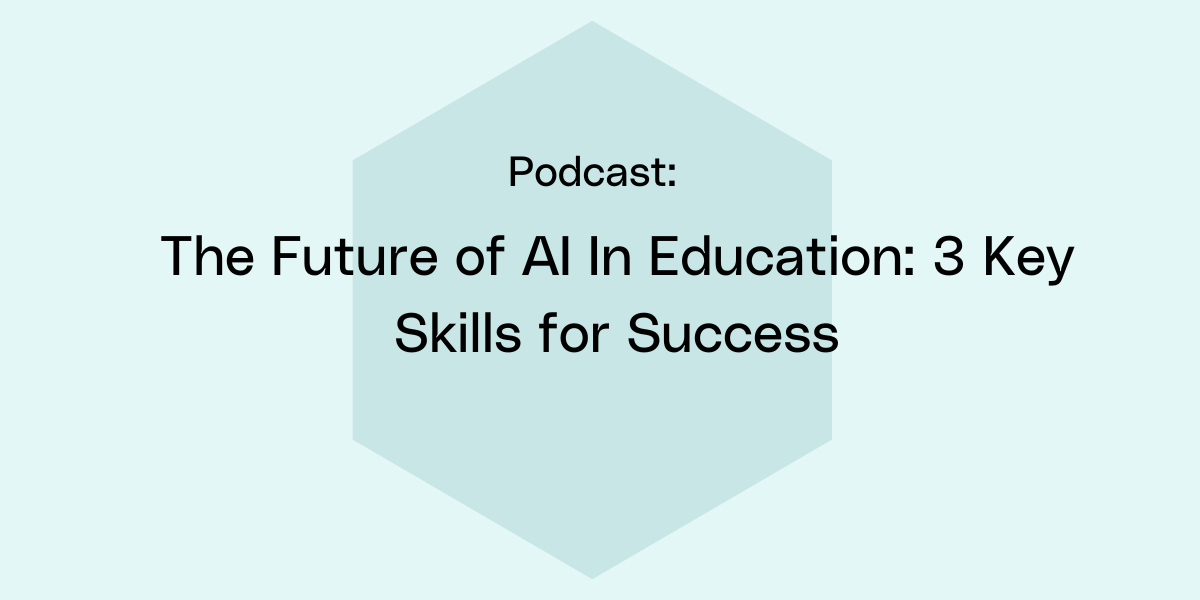Latest from Cambridge Spark
Cambridge Spark
May 07 2025
The Future is AI: Investing in Apprenticeships to Stay Ahead
Discover how you can accelerate your organisation's successful AI-driven transformation.
Stay informed!
Sign-up for our newsletter and get informed about all the latest news and insights.
Upskill your workforce
Upskill your workforce and accelerate your data transformation with expert technical programmes designed to create impact.

